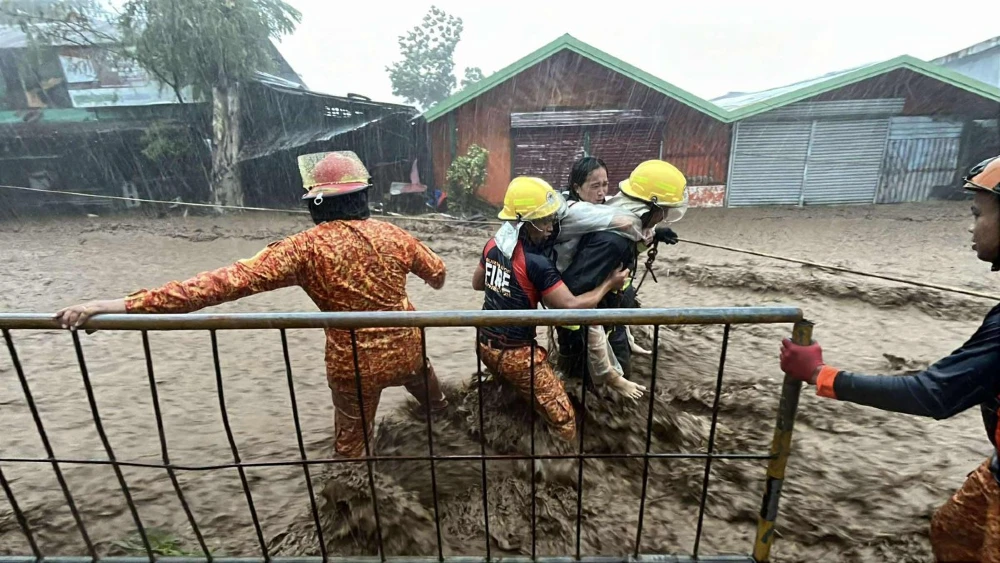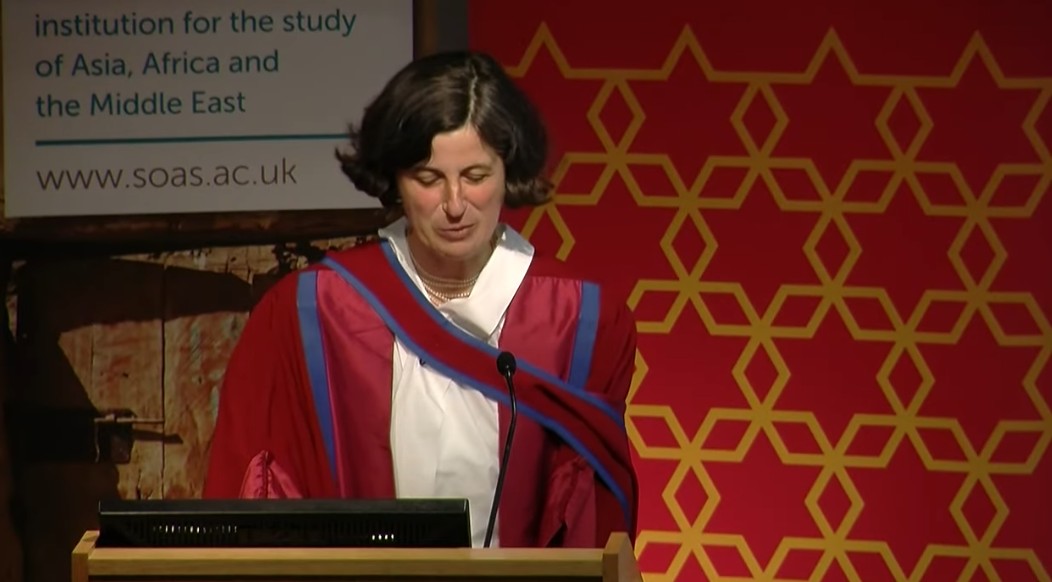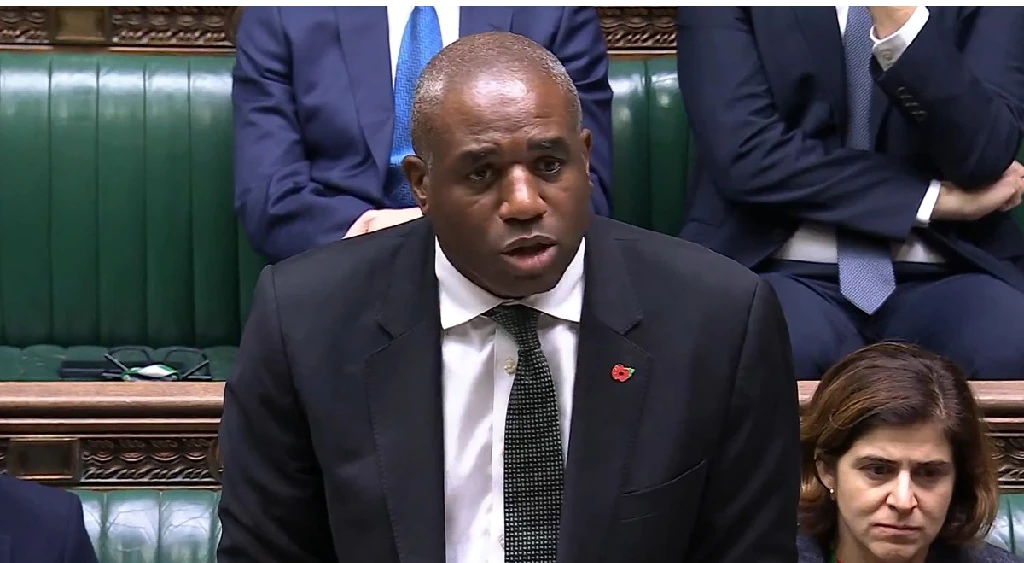PESHAWAR: Afghanistan is now facing what observers are calling a “great return,” as large numbers of Afghan nationals are being sent back from multiple directions, including Pakistan, Iran, and increasingly, Europe.
According to the United Nations High Commissioner for Refugees (UNHCR), nearly 2.3 million Afghans have returned since April 1, 2025, with 1.5 million arriving from Iran and almost 600,000 from Pakistan.
Pakistan’s Illegal Foreigners’ Repatriation Plan (IFRP), initiated in late 2023, remains underway. Initially focused on undocumented Afghans, it has since widened in scope, with some Proof of Residence (PoR) cardholders also returning.
The government announced in October that only Afghans with valid visas will be allowed to stay.
Meanwhile, deportations from Iran have surged at an even faster pace. According to UNHCR figures referenced in the draft, more than 1.7 million Afghans have been expelled or returned from Iran in 2025 alone. Tajikistan has also begun small-scale deportations.
However, a major new direction is emerging from Europe.
Germany’s new government under Chancellor Friedrich Merz is holding direct talks with Afghan authorities to establish a formal deportation framework. These meetings were confirmed by the German media consortium ARD to have taken place in Kabul on October 1.
Germany’s Interior Minister Alexander Dobrindt has publicly stated:
“We want to facilitate regular and routine deportations to Afghanistan. To this end, discussions are taking place at a technical level with Afghan representatives.”
The initial phase focuses on Afghan nationals convicted of crimes, but the policy is expected to eventually address all Afghans residing illegally in Germany, aligning with the coalition government’s campaign commitments.
Germany has deported Afghan convicts before, but those removals were carried out via Qatar as a mediator. This time, Germany is negotiating directly with the Taliban government, marking a significant policy shift.
A broader European move is also underway.
In mid-October, 19 EU countries and non-EU Norway jointly called for the resumption of both voluntary and forced expulsions to Afghanistan, particularly focusing on individuals convicted of serious offenses. This initiative, led by Belgium, signals growing coordination among European states.
These developments highlight that Afghan return is now a global issue, not one limited to Pakistan or its neighbors.
Yet, the returnees face immense challenges. Many have not lived in Afghanistan for decades and now enter a country struggling with economic collapse, food shortages, unemployment, and the approach of a harsh winter.
As conditions tighten, the question remains whether Afghanistan has the capacity to absorb the scale and speed of these return movements, and what the humanitarian consequences may be in the months ahead.
.jpg)


.jpg)
.jpg)
.jpg)


.jpg)

